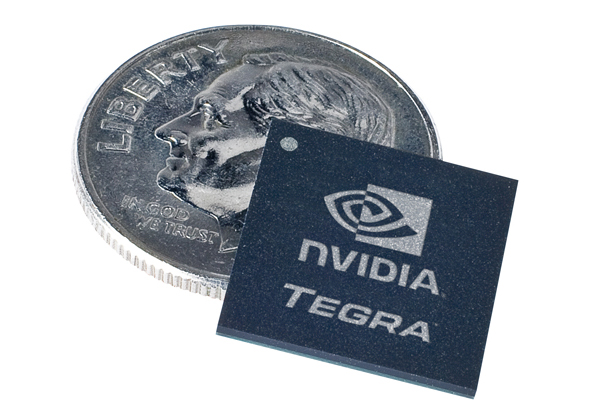One of the common claims about this (the reason they keep not having Quad Core SoCs) is that you cannot get LTE to work with a Quad Core SoC. We decided to ask around about this and have found that this is actually very much false. Although it is true that right now Qualcomm and Samsung do not make SoCs with integrated LTE Radios many companies have used both the SoC and an LTE radio to ensure that you have the best of both worlds.
nVidia has done this before and they have told us that there are more than a few Tegra 3 + LTE phones on the way (although no dates were listed). At the Mobile World Congress several products were shown off by Asus, Renesas, GCT, and more all using a quad core SoC and an LTE radio as an add on to the device. What it really amounts to is that it is cheaper to make phones for the US and our much slower cellular networks using older dual core SoCs and pair them with an LTE radio for 4G than it is to build a whole quad core SoC around it or to waste a quad core SoC with HSPA+ on a phone that will never be able to use the technology.
This puts the US market in a position that is not used to; getting second rate products instead of the cutting edge that many feel we are entitled to. But do not worry, although we are behind in the cellular broadband (well actually any broadband) market in terms of speed, reliability and many other areas we will be getting products that at least match the CPU performance of their global counterparts probably in late 2013. Again according to nVidia their Project Grey Tgera 3 + LTE (using Icera LTE radios) is slated to hit in 2013 which means that we might see products including this around Q4 2013 or Q1 2014.
It will be nice to see this as right now even the brand new Samsung Galaxy S III in the US is not much more powerful than its older brother the Galaxy S II in terms of CPU and memory. It has made more than a few reconsider their upgrades especially with the delays on Samsung’s newest phone. Of course the fact that nVidia is building an SoC with LTE embedded does not mean that Qualcomm or Samsung will be doing that. It could end up being the next big deciding factor in the smart phone race. Does your new phone have four cores or only two…? We would be willing to bet that the first phone to hit the US with “more power” inside is going to be a hit regardless of the OS that is running it. In fact we thought that Microsoft might have chosen to go that route and partner with nVidia on their Windows Phone 8 OS, but in the end they opted for the same dual core SoC that everyone else seems to be using.
Discuss this in our Forum

 One of the things that has always bothered us is the continual lack of improvement in the smartphone market in the US. Although we get to read about new technologies for “world” phones and drool over the latest products from companies like Samsung and HTC which sport quad core SoCs (System on Chip) under their screens when they finally reach the US market they are shadows of what people are getting in other markets.
One of the things that has always bothered us is the continual lack of improvement in the smartphone market in the US. Although we get to read about new technologies for “world” phones and drool over the latest products from companies like Samsung and HTC which sport quad core SoCs (System on Chip) under their screens when they finally reach the US market they are shadows of what people are getting in other markets.

